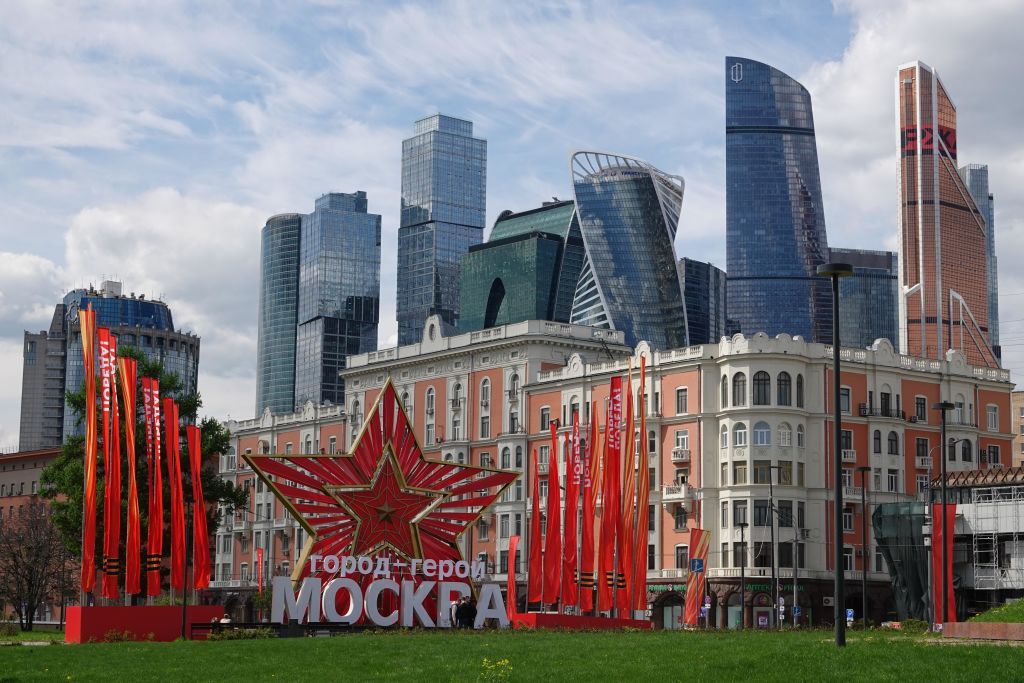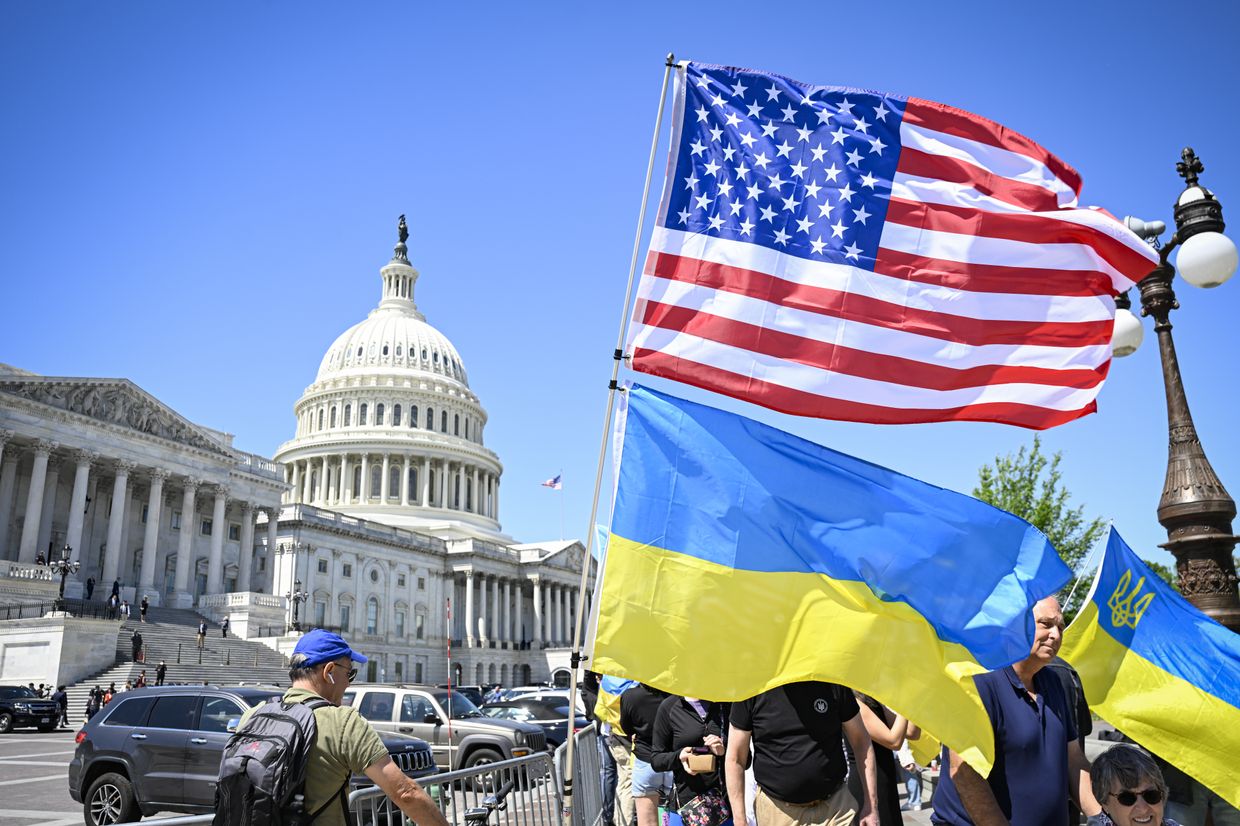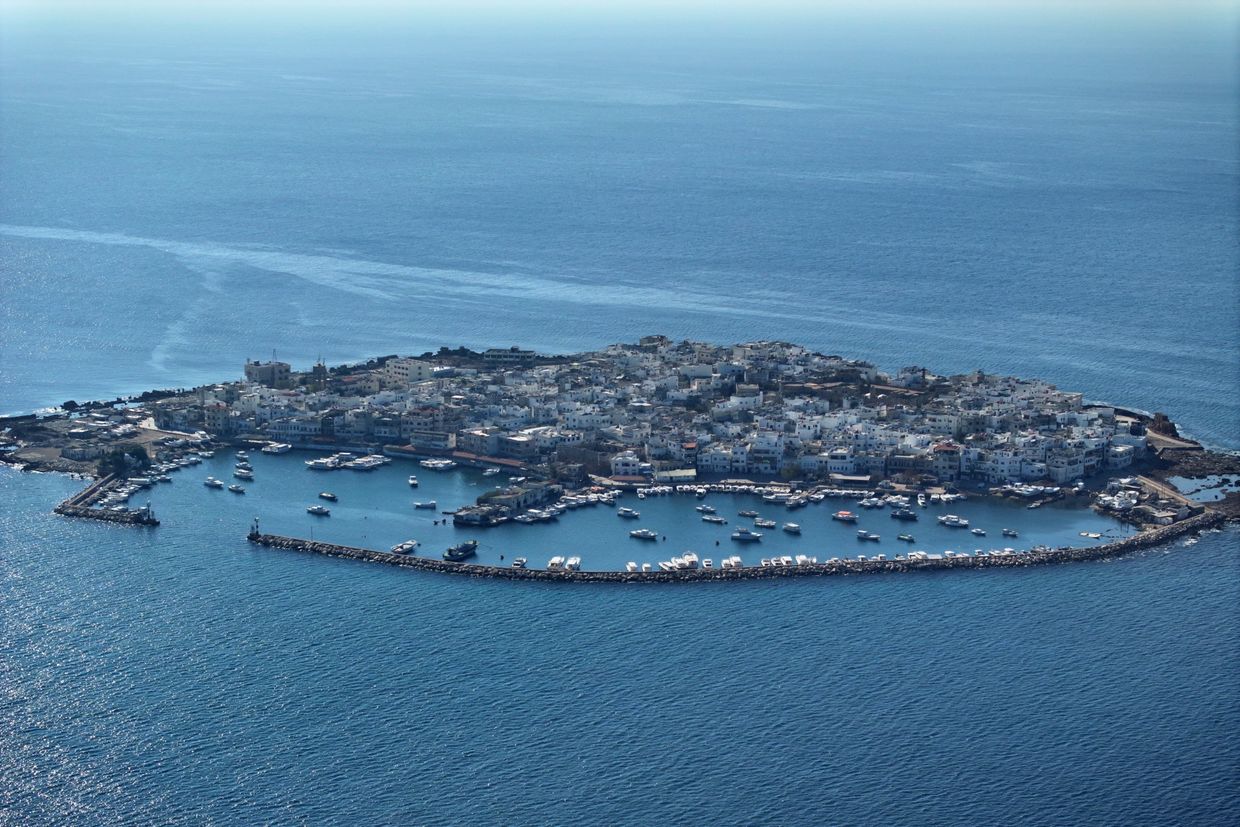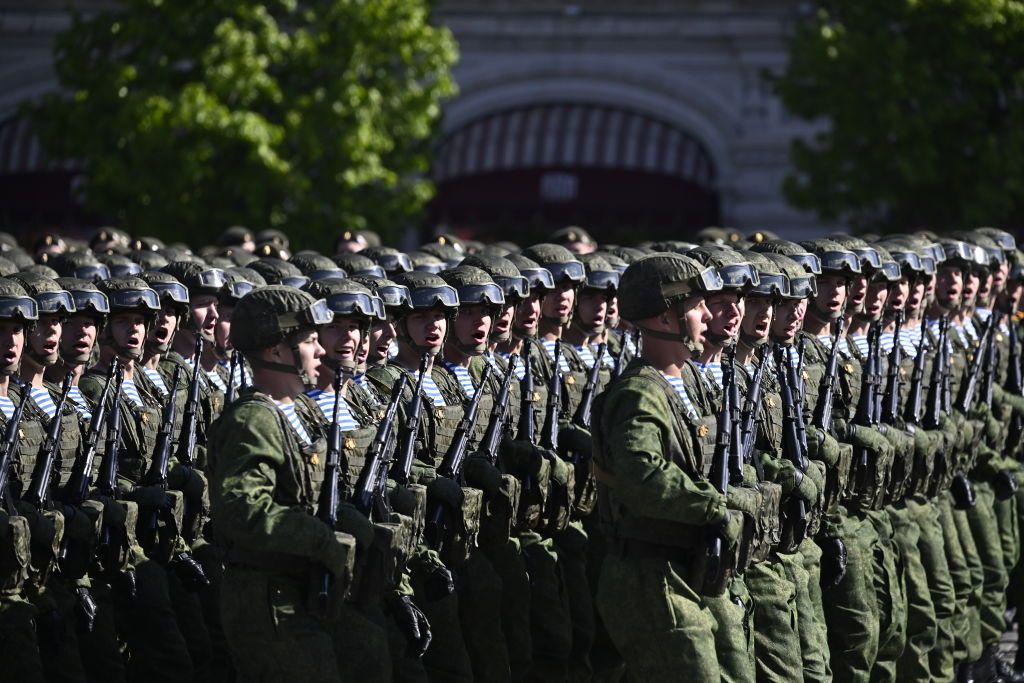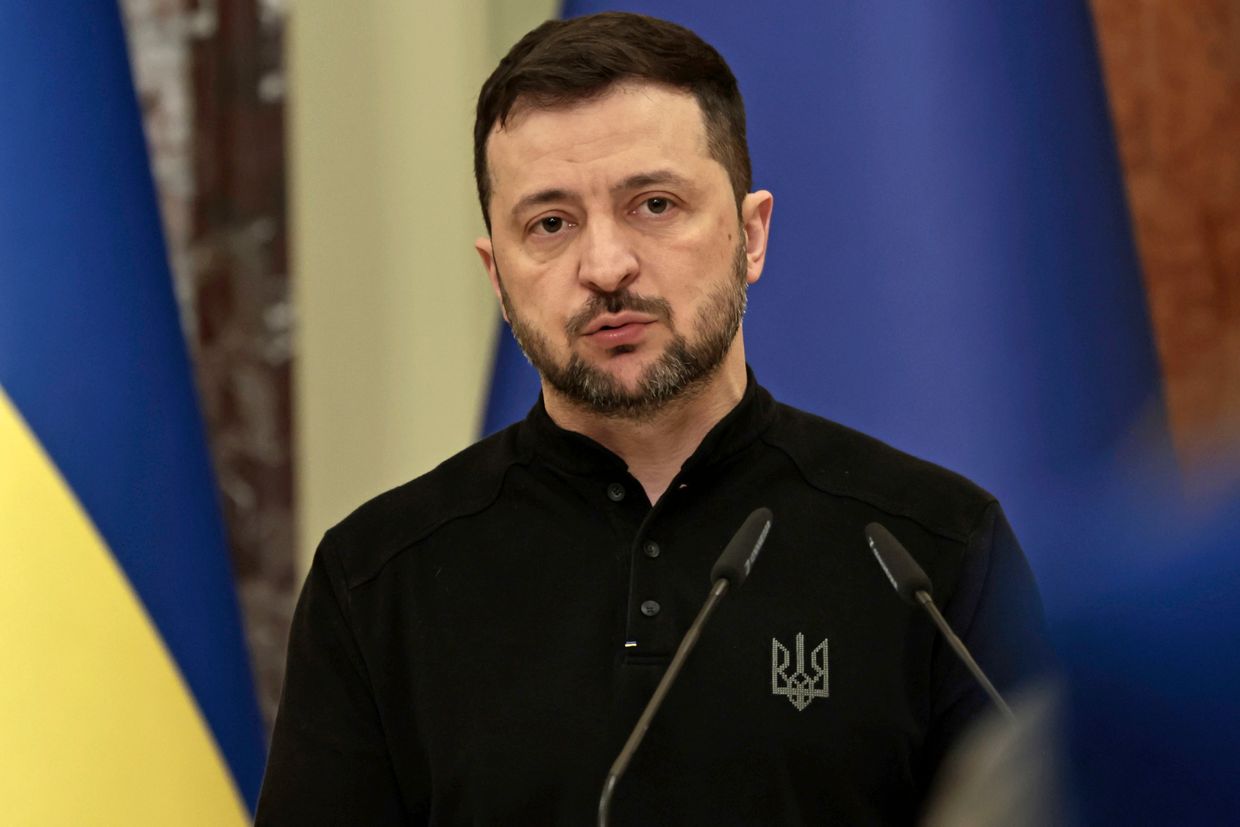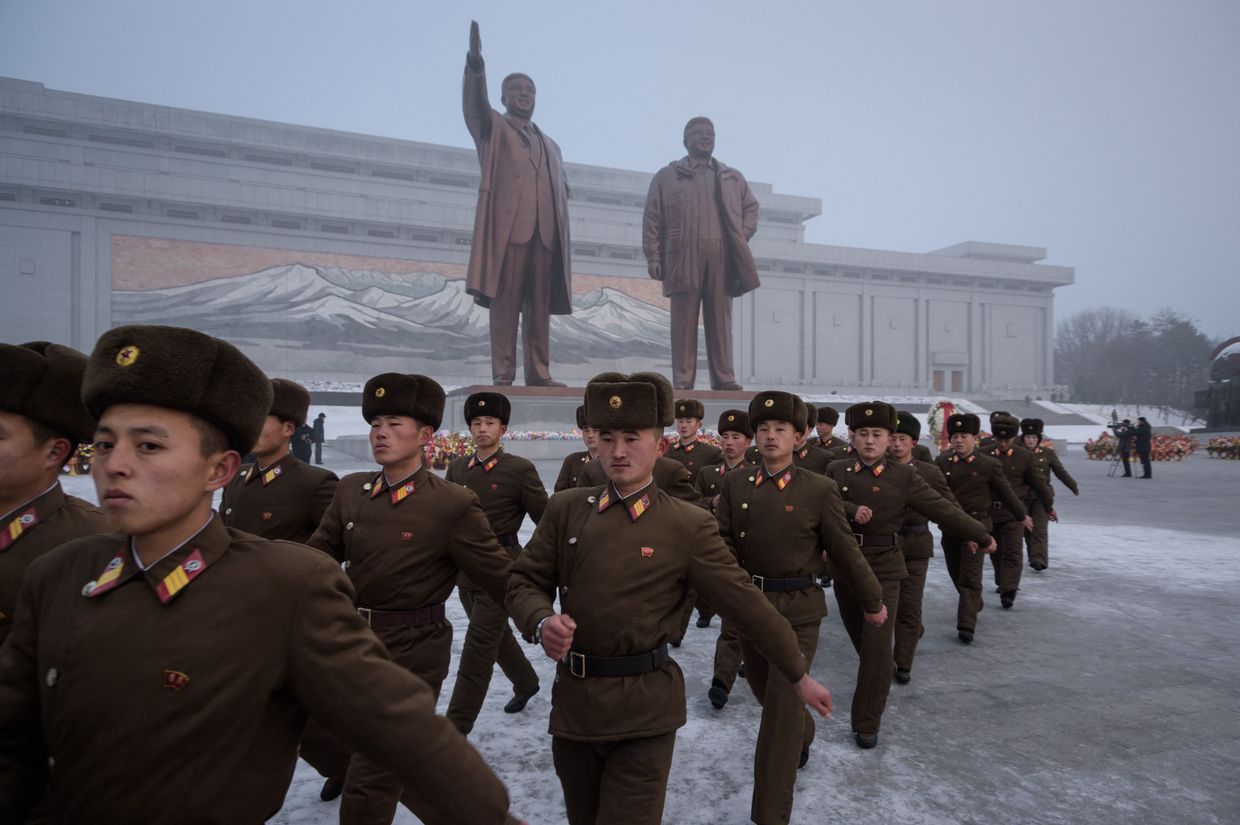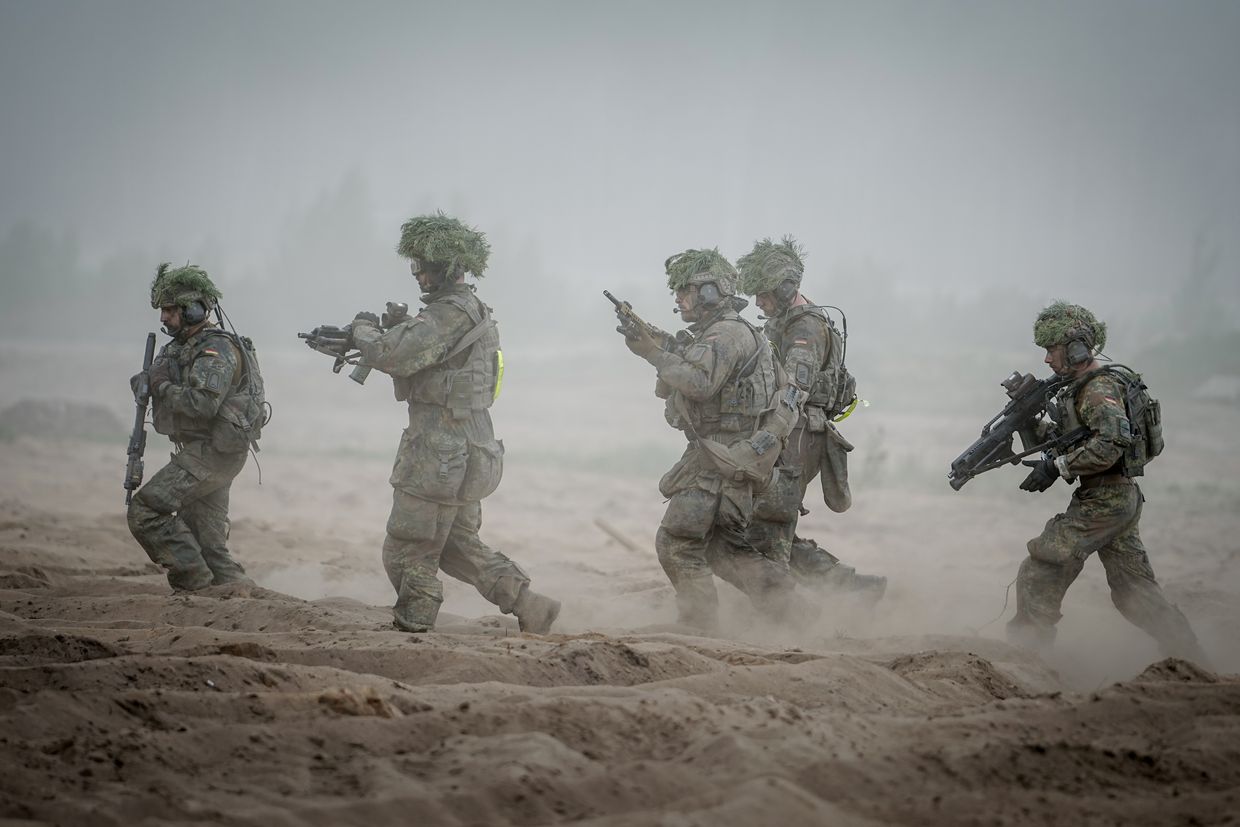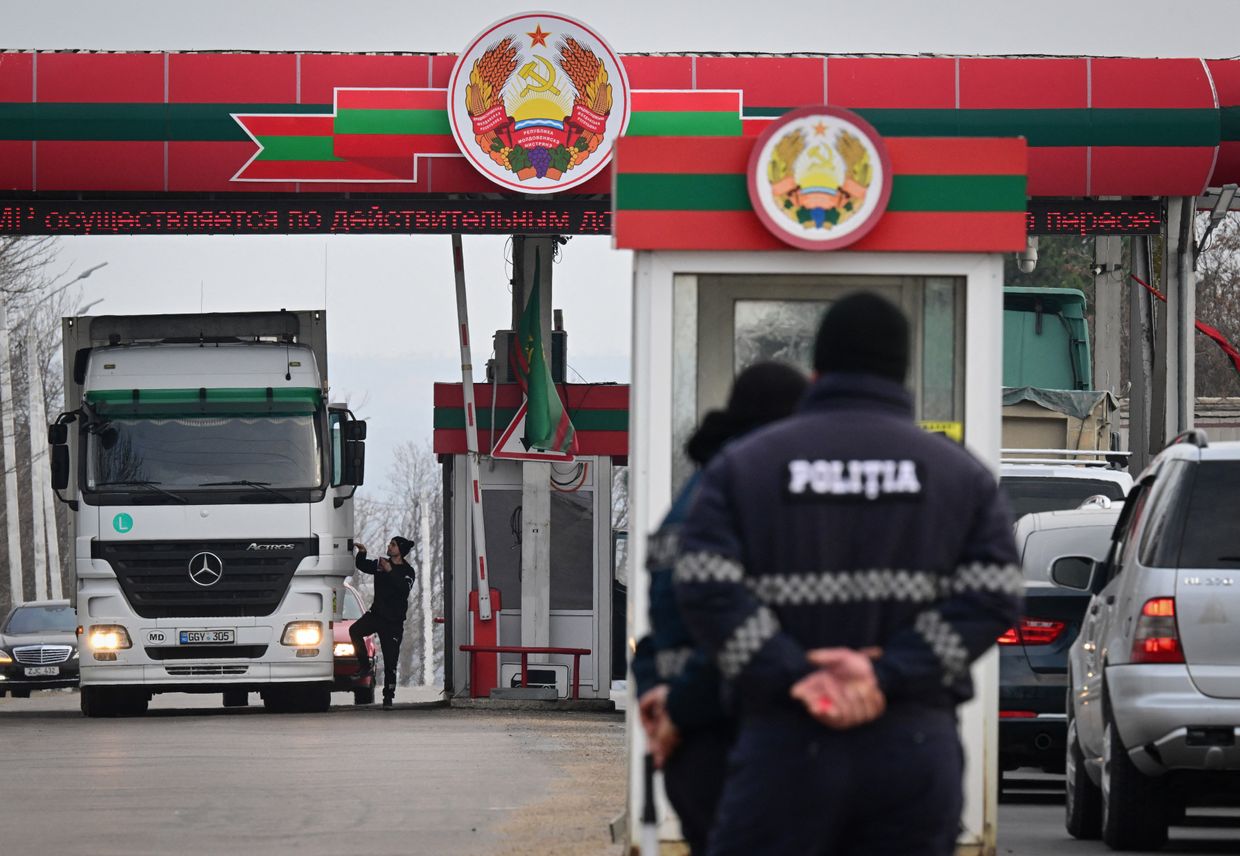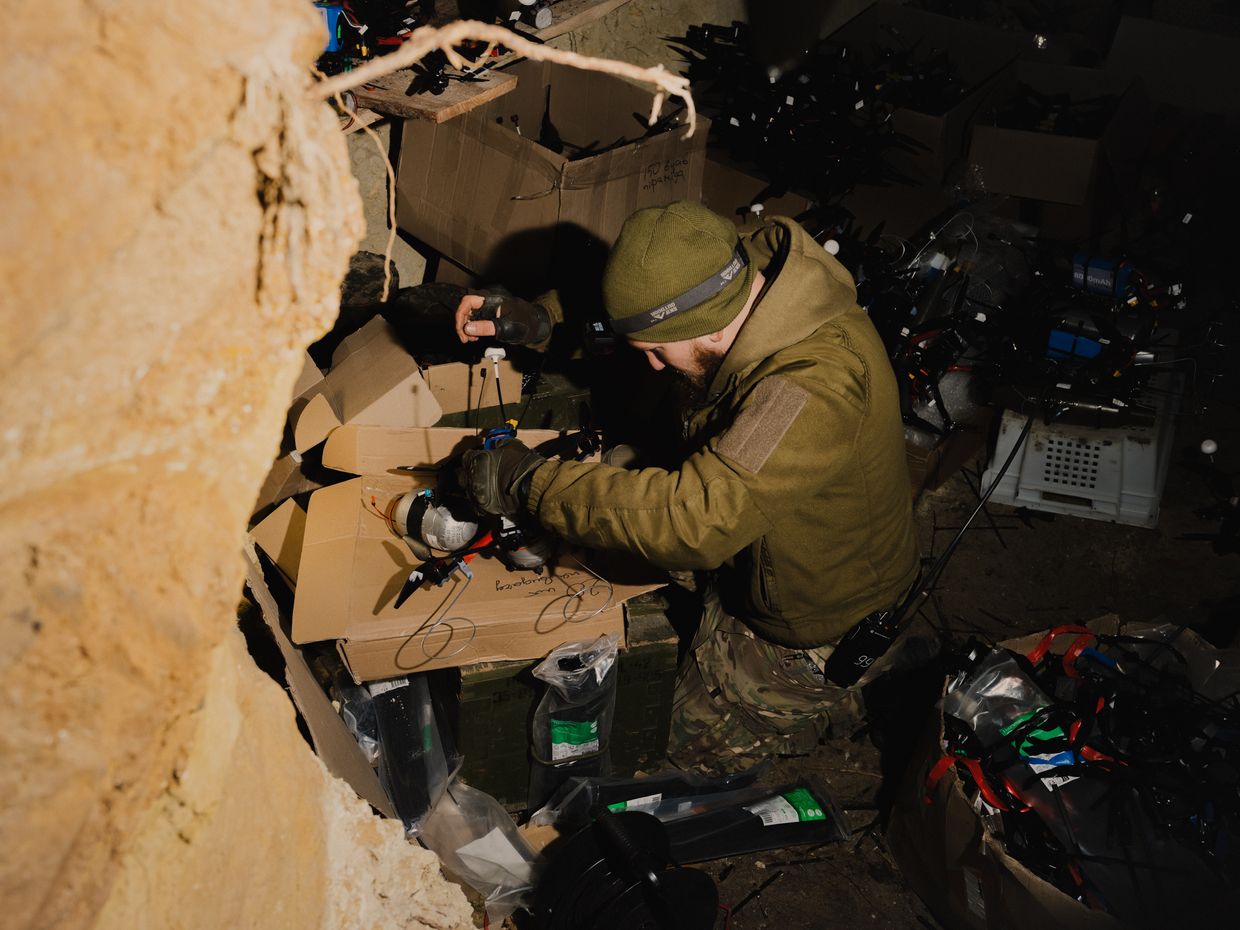The U.S. will allocate $20 billion to Ukraine as part of a $50-billion pledge by the Group of Seven (G7), President Volodymyr Zelensky announced on Oct. 23 in his evening address.
During the June G7 summit in Italy, G7 leaders publicly confirmed the plan to provide Ukraine with a $50 billion loan by the end of the year which will be repaid using interest from billions in frozen Russian assets.
"This is what will really support us. And it is important to implement it this year, " Zelensky said, thanking the U.S. and the entire G7.
Daleep Singh, the White House deputy national security adviser on international economics, said that Joe Biden's administration intends to split the funds between helping the Ukrainian economy and the military, according to the Associated Press (AP).
"To be clear, nothing like this has ever been done before," Singh said.
"Never before has a multilateral coalition frozen the assets of an aggressor country and then harnessed the value of those assets to fund the defense of the aggrieved party, all while respecting the rule of law and maintaining solidarity."
Prime Minister Denys Shmyhal said that the funds from Western partners under this initiative will meet Ukraine's most important financial needs in 2025.
"Thanks to this assistance, our allies are creating a solid foundation for Ukraine's economic and financial stability," Shmyhal said.
The bulk of the G7's $50 billion loan was supposed to be equally covered by the EU and the U.S., with each economic powerhouse shouldering $20 billion. Japan, the U.K., and Canada would jointly provide the remaining $10 billion.
That plan stood on shaky ground as the U.S. was reluctant to commit unless the EU extended the sanctions immobilizing Russian assets. Such a step requires an unanimous vote, which is currently being blocked by Hungary, the EU's most Kremlin-friendly member.
As Hungarian Prime Minister Viktor Orban threatened to use his veto power in Brussels, the U.S. signaled it might still participate in the loan, albeit for a reduced amount, of around $5 billion, equating to the Russian assets held domestically.
